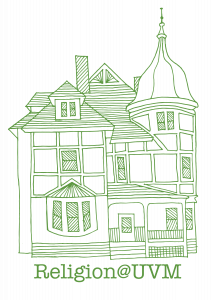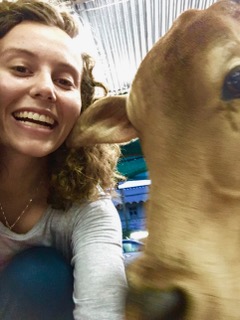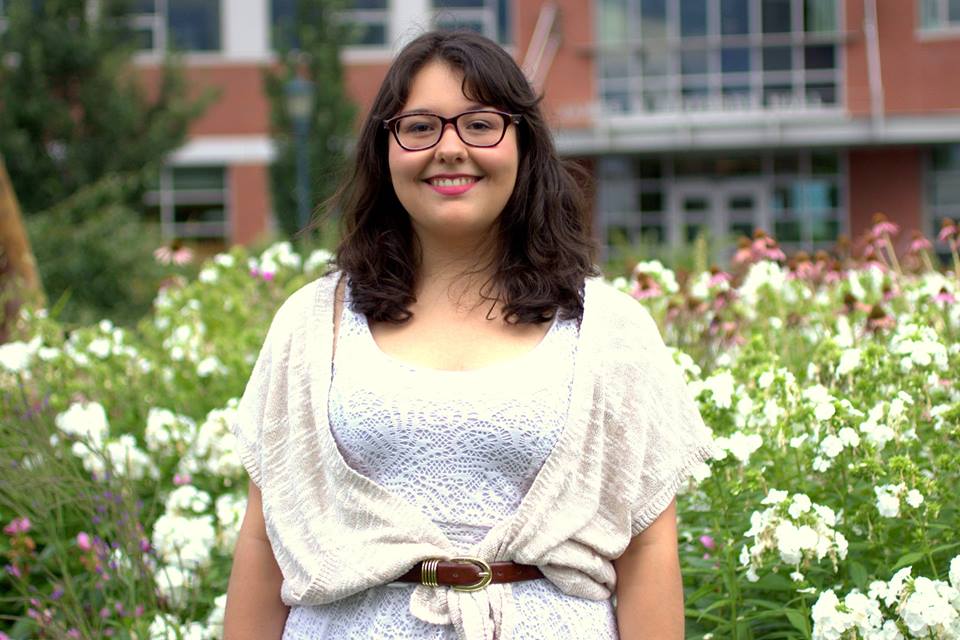Aphaia Lambert-Harper in the Senior Spotlight:
a series on our graduating seniors
Why did you major in Religion?
I have always been fascinated, and often, perplexed with the enigmatic force of what we call religion. Initially coming into UVM, I declared a Global Studies major with interests in International Relations and politics. I was fascinated by the ways in which history had been told, and given the then political conflicts in the Middle East, I was even more conscious of how conventional understandings of religion affected the media and political consensus in American politics. I then switched to Political Science as it was a bigger department with more options. Still, something was missing; I longed for something more, something that was concerned with the “Why?” questions. My grandfather on my father’s side was an Episcopalian minister, a scholar of philosophy and religion, and ultimately, a scholar of existentialism. Though he passed away when I was less than two years old, there is a not-so-ironic connection between he and I as I continue to study religion. I found that Religion and Politics were constantly circulating through my mind, and the two became symbiotic elements in my education. Come junior year, I declared Religion as my second major. It has been a pleasure to be a part of the Religion Department and I will always value the relationships I have made with the professors and students here.
Where do you imagine yourself in 10 years?
10 years from now, I would love to revisit the Greek islands with my father and visit abandoned, or highly populated churches in Greece. I think it would be a fascinating experience to write about the ways in which religiosity has translated into Greek personhood, or identity. My grandmother had always described herself as Greek Orthodox, yet she rarely visited the Church or practiced any sort of highly ritualistic act. Nonetheless, there was an element she could not part with, something that was inextricably intertwined with her Greek identity. So, ideally, maybe working on writing a book while my father completes his. I think that would be really special.
Imagine a first-year student has asked your advice about REL courses. What’s the one she shouldn’t dream about missing? Why?
If I were to suggest one class to any first-year student interested in Religion, it would probably be one which required Religion 100 as a prerequisite. Nonetheless, my favorite course ever taken in the department was with Professor Thomas Borchert, “Religion, Nation, and State.” This course was essentially what I had been seeking to study throughout my four years at UVM. And Professor Borchert is pretty great, too.
If you could write any book, what would it be?
“Antiquities and Identities, Greek Churches and Flags.” (Just chose that title off the top of my head!)
 Any fond memories of 481 Main Street you want to share?
Any fond memories of 481 Main Street you want to share?
So many fond memories of 481 Main Street I could share…
Perhaps my favorite is just the general feeling I get when we all fit into the classroom on the first floor. It truly has a family-feel, and I love to see people open up and challenge big questions around an even bigger mahogany table.





